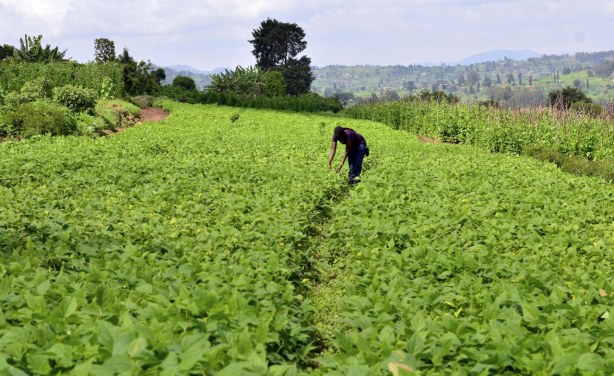Africa’s largest privately owned solar power plant will launch this year in Uganda, part of a plan by a Dubai-based company to develop mostly renewable energy electrical power projects in 17 African countries, Reuters reports.
Access Infra Africa, a developer, owner and operator of power assets and water projects in Africa, said it will spend $500 million in the next three years on power generation plants in Egypt, Ghana, Uganda, Tanzania, Kenya and Mozambique.
The company also just launched the inaugural Access Co-Development Fund competition. Four renewable energy companies — one each from from Nigeria, Cameroon, Ghana and Tanzania — are finalists among 55 applicants from 18 African countries vying for $5 million in funding and technical support from Access Infra Africa, IndependentOnline reports.
All four finalists submitted solar projects. They include Quaint Global Energy Solutions fromof Nigeria, Flatbush Solar of Cameroon, ADA Solar Energy of Ghana and Wagonanze Investments of Tanzania.
Access will own equity in the winning project and fund development costs such as feasibility studies, grid studies, environmental and social impact assessments and other due diligence fees, IOL reports. Access will also give the winner technical and management support.
“Renewable energy projects now command a significant proportion of the energy mix in many global markets,” Access Power said on its website. “Today, most of these countries’ renewable energy markets are nearly saturated or present limited attractiveness for further investments. Unlike those countries, the Middle East and Africa still has significant development potential based on good quality renewable energy resources, high local energy prices making renewable power an economic alternative, and/or recent support schemes such as government-guaranteed feed-in tariffs.”
Reda El-Chaar is executive chairman of Access Power MEA, the majority owner of Access Infra Africa. “Solar power is no longer an exotic power solution,” he said, according to Reuters. “It’s becoming a real contender in any (power) generation mix. As far as power technology is concerned, solar power has made the biggest leap in the cost efficiencies in recent years.”
By 2018, the company expects to generate nearly 1 gigawatt of electricity, enough energy for about 700,000 homes, El-Char said.
In Uganda, Access Infra Africa’s 10-megawatt solar and wind power station are expected to begin generating electricity later in 2015, the first of its plants to become operational.
“This will be the largest privately-owned solar power plant in Africa,” El-Chaar said. Funding for 70-to-80 percent of the project’s costs was provided by FMO, the Netherlands’ development bank, and London-based Emerging Africa Infrastructure Fund. Access Infra Africa committed the remainder in equity.
French energy group EREN DÈveloppement owns a share in Access Infra Africa.
Access Infra Africa will own and operate the plant for 20 years, selling power to Uganda’s national grid, while capacity may be increased to 40 megawatts, El-Chaar said.
In 2016, Access plans to launch a 50-megawatt solar and heavy fuel oil hybrid plant in Benin and a 200-megawatt solar and wind plant in Egypt, Reuters reports.
“We hope to become profitable in next three years,,” El-Chaar said. “We would like more than three quarters of our portfolio in monetary value being renewables. The vision is for Access Power… (is to) become a pan-African private utility.”
Response to the renewable energy competition was fantastic, El Chaar said, according to IOL. It demonstrates the potential of renewable energy to support economic growth and development across Africa from Cape Verde to Kenya and Morocco to South Africa.


